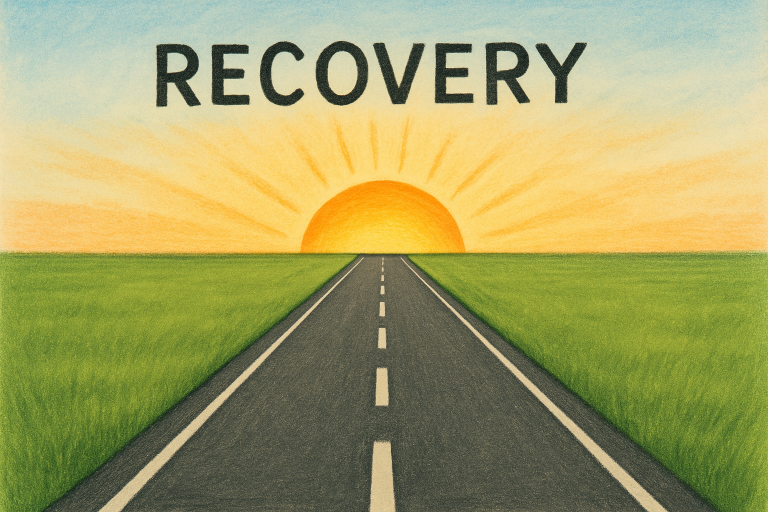Embarking on the journey to overcome drug addiction is both courageous and transformative. Understanding the many available pathways to recovery empowers individuals and their loved ones to make informed decisions. For those seeking structured solutions and comprehensive support, drug treatment Philadelphia programs can provide vital assistance tailored to individual needs. Recovery looks different for everyone, and being aware of various strategies is crucial in choosing an approach that resonates with personal goals and circumstances.
Drug addiction affects every aspect of life, making recovery a multifaceted challenge. Success is possible through a mixture of evidence-based treatments, robust support networks, and access to community resources. Many find that integrating professional medical assistance with lifestyle changes and peer support forms the foundation for long-term recovery.
Overcoming substance use involves not only addressing the physical aspects of addiction but also rebuilding mental health, social connections, and self-esteem. The journey may be difficult, but with effective therapies and resources—backed by dedicated treatment professionals and supportive communities—long-lasting recovery is attainable for all individuals.
Table of Contents
Medication-Assisted Treatment (MAT)
Medication-Assisted Treatment is an evidence-based practice combining FDA-approved medications (such as methadone, buprenorphine, and naltrexone) with counseling and behavioral therapies. MAT has demonstrated significant effectiveness, particularly for opioid dependency, by relieving withdrawal symptoms, reducing cravings, and lowering the risk of relapse. Studies continue to support MAT as a core element of modern addiction treatment, especially when integrated with psychological therapies and case management.

Behavioral Therapies
Behavioral therapies help individuals reshape thought processes and habits associated with drug use. Well-established methods, such as Cognitive Behavioral Therapy (CBT) and Contingency Management, teach practical coping strategies, challenge unhelpful beliefs, and reinforce healthy choices. By developing new ways to manage stress, triggers, and emotions, people in recovery are better equipped to sustain progress over the long term. These therapies are commonly provided in both individual and group settings and may be part of inpatient or outpatient programs.
Support Groups
Support groups offer a sense of belonging and collective strength, which is vital for many in recovery. Organizations such as Heroin Anonymous (HA) and Narcotics Anonymous (NA) utilize peer-led, twelve-step programs to encourage ongoing abstinence and personal growth. These groups are often available in person and online, making them accessible to a wide range of individuals. Sharing experiences, receiving encouragement, and building relationships with others facing similar challenges can dramatically increase the odds of maintaining sobriety.
Holistic Approaches
Holistic recovery methods focus on healing the mind, body, and spirit as a whole. Practices like yoga, acupuncture, art therapy, and nutrition counseling add valuable layers of support that complement traditional therapies. These approaches can help reduce anxiety, promote relaxation, and give individuals alternative tools for coping with cravings and stress. Integrating holistic activities creates a more balanced and personalized recovery experience, supporting all aspects of wellness.
Exercise and Recovery
Regular physical activity is increasingly recognized as an important aspect of addiction recovery. Exercise promotes the release of endorphins, improves physical health, and helps manage stress and mood swings. Activities such as jogging, swimming, hiking, or weightlifting can be integrated into daily routines, replacing harmful habits with positive, enjoyable alternatives. Research published by Harvard Health shows that physical activity is associated with reduced substance cravings and lower relapse rates.
Mindfulness and Meditation
Mindfulness techniques, including meditation, deep-breathing exercises, and mindful movement, support recovery by promoting present-moment awareness. Programs like Mindfulness-Oriented Recovery Enhancement (MORE) combine mindfulness with cognitive-behavioral tools, teaching individuals to navigate cravings and challenging emotions without resorting to substance use. Practiced consistently, mindfulness can help strengthen self-control, enhance emotional balance, and foster a deeper sense of inner peace during recovery.
Community Resources
Accessible community resources can play a crucial role in the recovery process. Efforts such as providing free recovery books at public libraries or community centers offer essential guidance for those at various stages of healing. Cities like San Francisco have pioneered such initiatives to make evidence-based information and support readily available to the public. These resources help reduce barriers and foster a supportive environment for individuals seeking recovery.
Conclusion
Recovery from drug addiction is a highly personal journey, and no single pathway works for everyone. Combining treatments such as Medication-Assisted Therapy, evidence-based behavioral interventions, support groups, and holistic wellness practices can help address the multifaceted nature of addiction. Engaging with professionals, utilizing trustworthy resources, and building a strong support network all enhance the likelihood of sustainable, long-term recovery. Focus, commitment, and hope remain the most powerful tools on the path to healing and renewal.

